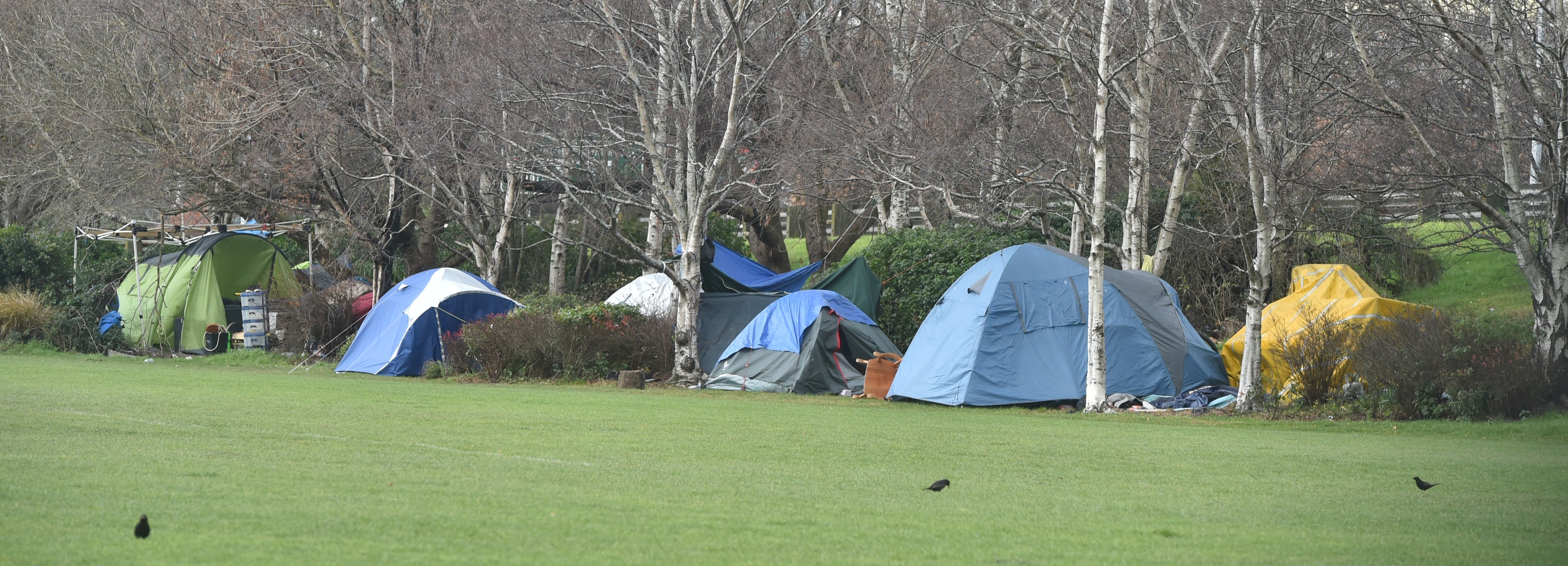
"Seek the welfare of the city ... for in its welfare you will find your welfare." These words spoken by the Old Testament prophet Jeremiah are worthy of attention as we approach the local body elections.
The words beg the question, of course: what does the welfare of the city consist in? Jeremiah offers no comprehensive blueprint but within the same passage he enjoins the people to build houses and live in them, plant gardens and eat what they produce, marry and have children and encourage your children to do the same.
These seem to be rather straightforward instructions but they provide for three fundamental human needs, the need for shelter — a home, the need for food, for sustenance, and the need for family, or more broadly, for companionship.
A city that is in good shape is a city in which these fundamental human needs are accessible, not just to those who have the resources to provide for themselves, but to all. For there is a further biblical injunction that measures the welfare of a city according to how well it is attending to the needs of the vulnerable and the disadvantaged.
The biblical archetypes of those at risk of neglect and privation are the orphan, the widow, and the stranger. But we might update these archetypes for our own day: the former refugee, the tent-dweller at Kensington Oval, the person recently released from prison, the foreigner in our midst subjected almost daily to racist barbs, tangata whenua still suffering from the legacies of injustice brought about through the dishonouring of Te Tiriti, and so on.
The prophetic injunction to seek the welfare of the city includes all people, for "in their welfare you will find your welfare". The inclusivity of Jeremiah’s instruction risks offending the people to whom it is directed. It risks offending them because they are an oppressed people, a people forced into exile and far from their own land.
The ancient Israelites had experienced great hardship and derision at the hands of their oppressors and now Jeremiah instructs them to seek the welfare of the city. He urges them to seek the welfare of the very people who have inflicted such misery upon them. Why is that?
Jeremiah here reveals a fundamental truth that we human beings have been reluctant to take on board. The truth is, there is no "us" and "them". We are in this together. Our own welfare is bound up with the welfare of our neighbours and even of our enemies.
The human rivalries, the hatred between peoples, and the disparagement of others that has caused so much pain and suffering in our world all stem from a denial of our interdependence, a denial of that further biblical principle that we are our brother’s and our sister’s keeper. We have a duty of care for all with whom we share this planet, including generations still to come, and including as well, the rest of the created order upon which our sustenance and our wellbeing depends.
While consideration of the common good should guide our choices in local body elections, the need for such consideration is even more pronounced in national elections, for the decisions made by governments have more wide-ranging consequences and have greater power to serve or to hinder the welfare of all.
The same criteria should apply: how do the decisions made by government affect the welfare of the vulnerable, the marginalised, the poor, and the refugee? What impact do those decisions have upon the environment and upon those who will come after us?
The prophet Jeremiah reminds us that in the welfare of others you will find your welfare. That biblical principle is echoed in the words of the poet-priest John Donne: "No man is an island entire of itself".
Adapting Donne’s words just a little, the poem continues, "Any person’s suffering diminishes me, because I am involved in humankind. And therefore never send to know for whom the bell tolls; it tolls for thee."
There is one further instruction that Jeremiah issues concerning the welfare of the city. You are to pray to the Lord on the city’s behalf.
Two points are worth making here. We are not always very good at determining what serves the welfare of others — we do not always know best.
And even when we do discern with some accuracy what serves the common good, our own selfish interests, our weariness, or our indifference can get in the way of our acting in service of others.
To pray is to confess these difficulties that beset us, it is to intercede for others even when we do not know what is best, and it is to acknowledge that in seeking the welfare of the city we are participants in a project that depends upon the grace and provision of God.
■ Murray Rae is a professor of theology at the University of Otago.












